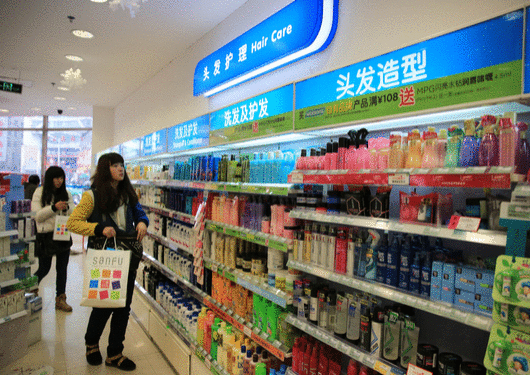
Visit Our Sponsors |
|
|
|
|
|
|
|
|
|
|
|
|
|
|
|
|
|
|
|
|
|
|
|
|
|
|
|
|
|
|
|
|
|
|
|
|
|
|
|
|
|
|
|
|
|
|
|
|
|
|
|
|
|
|
|
|
|
|
|
|
|
|
|
|
|
|

Beijing is angry at Seoul for embracing an American missile defense system intended to stop potential launches by North Korea. The South Korean conglomerate that donated a golf course to house the system has been forced to sell its Chinese stores. Chinese drivers have stopped buying Hyundais and Kias. And fewer Chinese tourists are visiting South Korea. Last week, South Korea unveiled tax benefits for retailers hit by the tourism drop-off and cheap loans for its automakers.
But Li’s enthusiasm for South Korean snail products helps explain a development that might surprise some people watching the relationship between China and South Korea deteriorate: Trade between the two countries is steadily rising.
“I support my country and love my country, but I don’t think this should affect my consumption decisions,” Li, who once studied in South Korea, said by phone from the southern city of Guiyang.
That is good news for South Korea, though perhaps not for its snails. Snail slime products are widely believed in Asia to be good for rejuvenating skin, and Li uses it on his face to prevent wrinkles and remove acne blemishes.
“I should be able to maintain my own ideas of consumption and my personal rights,” he said.
Even as tensions flare between Beijing and Seoul over how to deal with the heated rhetoric between the United States and North Korea, the growing trade relationship shows that South Korea still makes what China needs. It supplies semiconductors for tech companies such as Foxconn, which makes phones for Apple in Chinese factories. Young, affluent Chinese are still buying cosmetics and eagerly taking in Korean movies and music.
RELATED CONTENT
RELATED VIDEOS
Timely, incisive articles delivered directly to your inbox.






